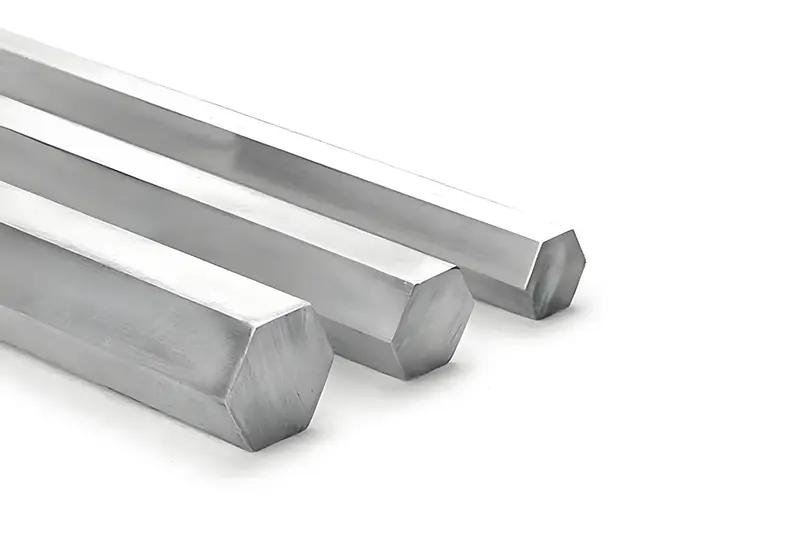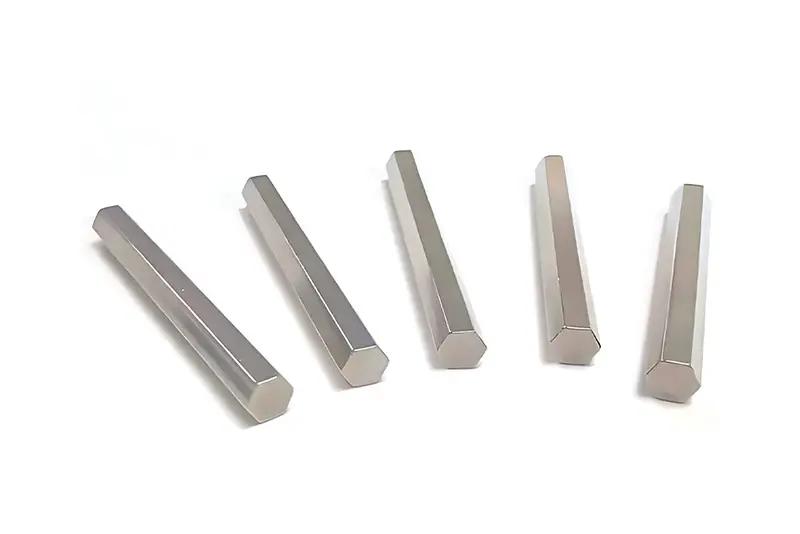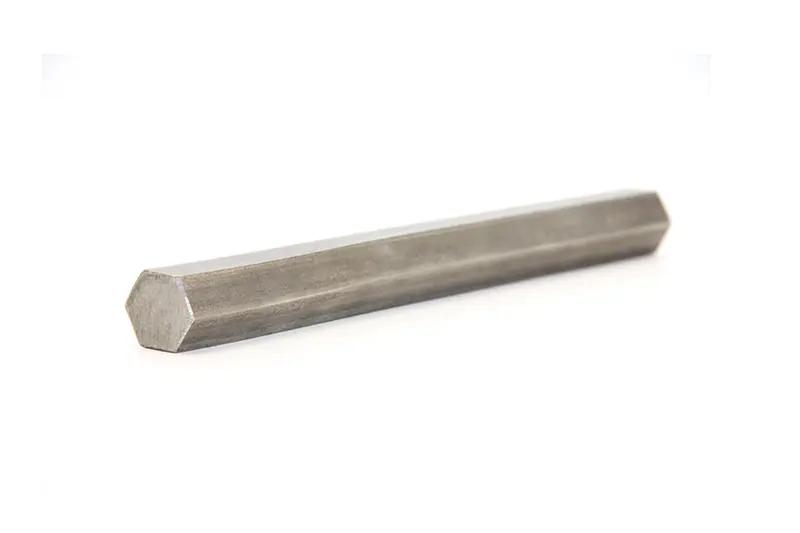High Purity Titanium Hex Rod for Industry
Category
Minerals & Metallurgy
Sub-Category
Titanium
Completed orders
0
Price
$10.00
Delivery Cost
$1.00
Minimum Order
1
Kilogram(Weight)
Location
19th Wenquan Industrial Park,Titanium City Road, High-tech District, Baoji City, Shaanxi Province, China, , ,
Product name: Titanium Hex Bar
Length: Customized, 100-6000mm
Technique: Rolled
Brand Name: Yesheng
Model Number: Gr1 Gr.2 GR7 GR12
Shape: Hex
Weight: As size calculate
Processing Service: Bending, Welding, Decoiling, Cutting, Punching
Technology: Forged,Rolled, Extrusion
Application: Metallurgy, electronics, medical, chemical, petroleum, etc.
Payment terms: T/T (30%DEPOSIT)
Packing: Export packing
Company Rating
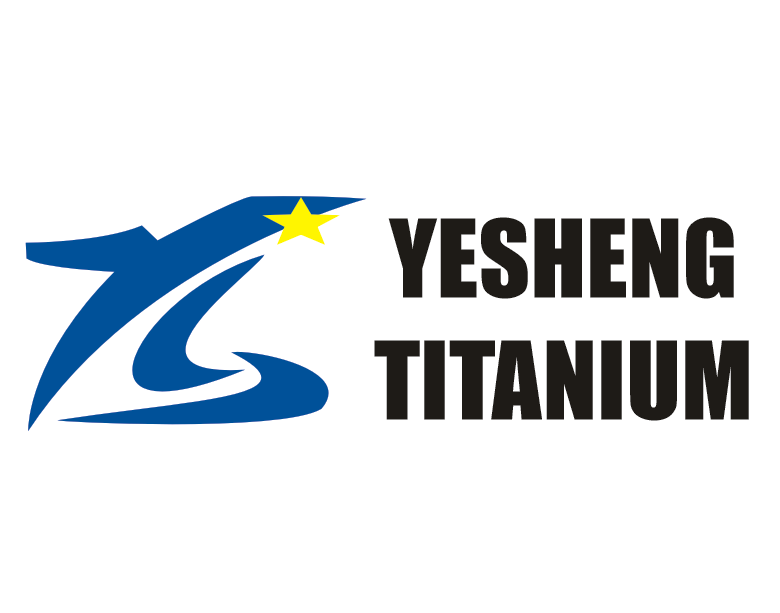
Overall Rating
Description Rating
Delivery time
Contact
Professionalism
You may like this
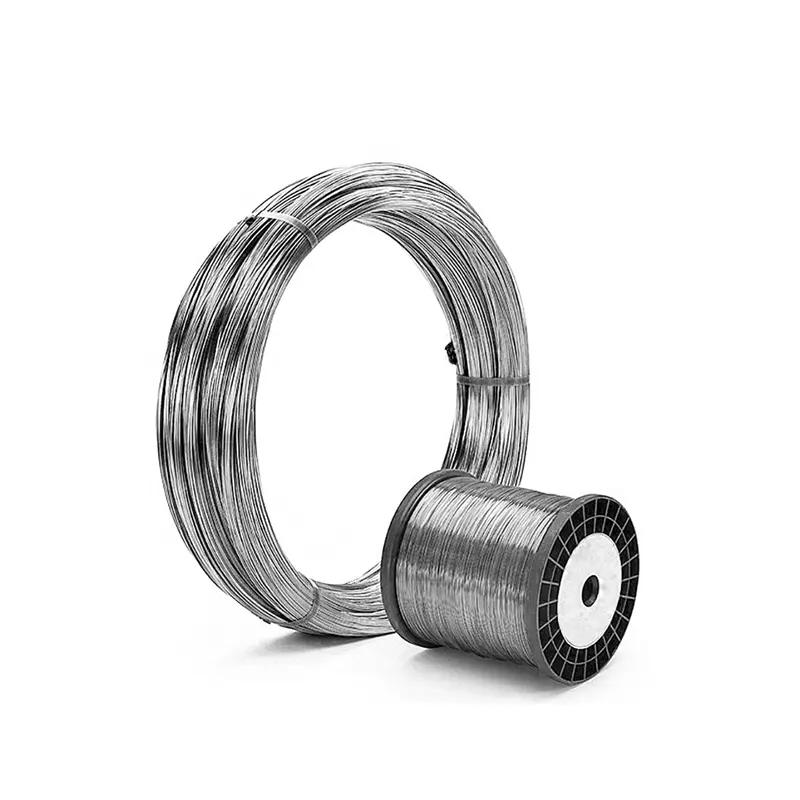
High Purity Polishing and Cutting Titanium Wire
Price: $10.00 per piece
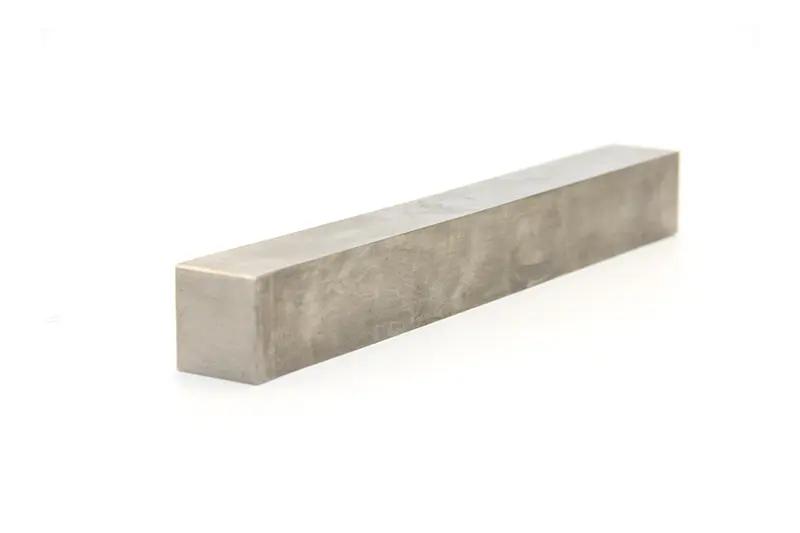
Ti6Al4V Titanium Alloy Rectangular Bar High Strength Corrosion Resistant
Price: $10.00 per piece
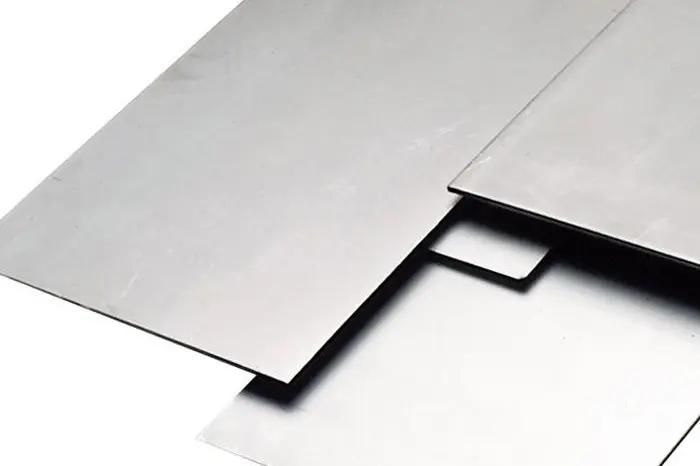
Grade 1/2 Titanium Plate for Industrial High Quality
Price: $10.00 per piece

